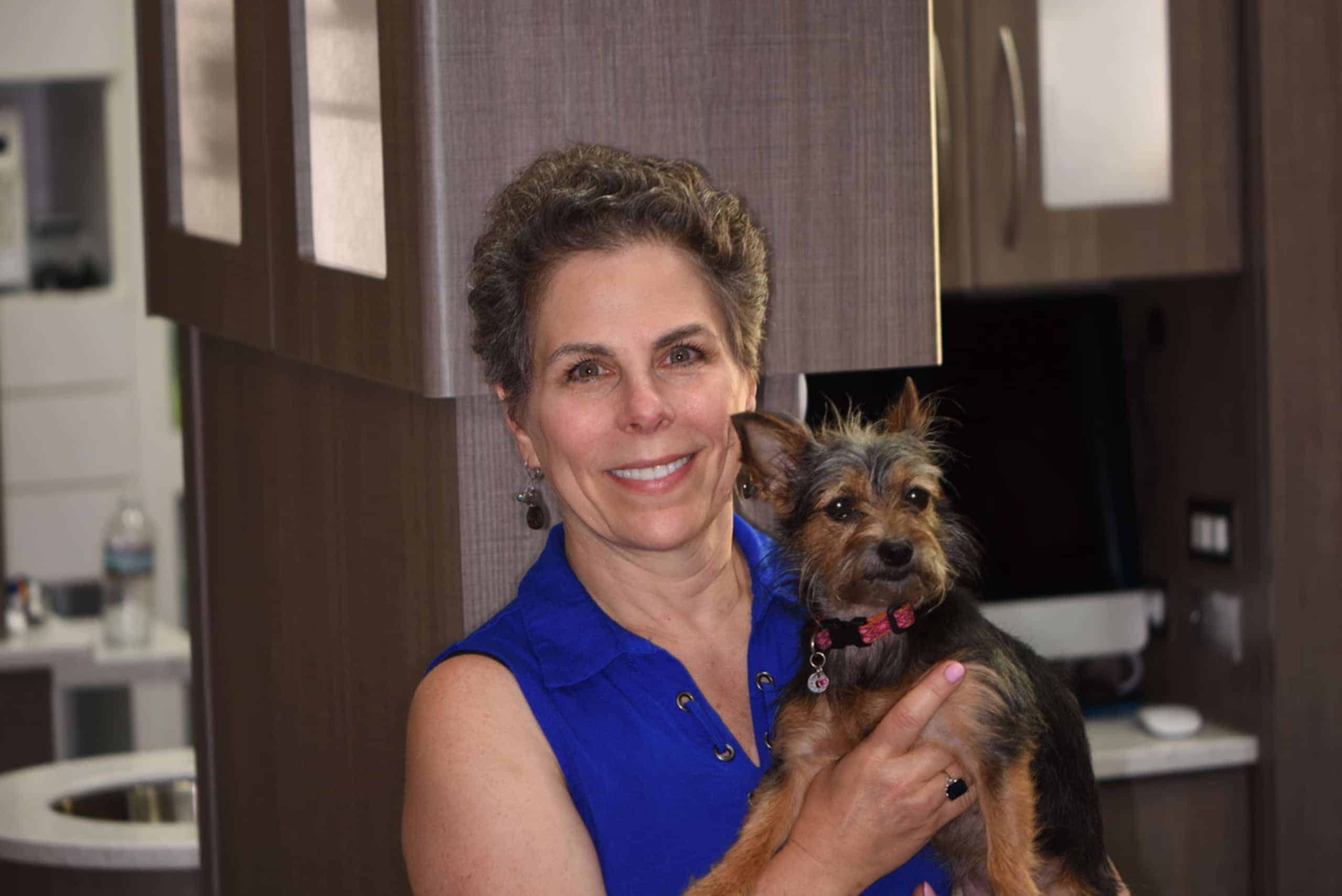Imagine waking up with a sore jaw and feeling like you’ve just been in an intense boxing match with your own teeth. For millions of people around the world, this is an all too familiar scenario. Teeth grinding, or bruxism, is a common dental issue that affects individuals of all ages, but what causes this involuntary and often harmful behavior? From stress and anxiety to sleep disorders and dental misalignments, your dentist in Doylestown will uncover the intricate web of factors that drive people to clench and grind their teeth.
Stress
Stress has become an inseparable part of modern living, and it seems like we’re all carrying a bit more of it every day. Surprisingly, this mounting stress often finds its way into our sleep, manifesting as teeth-grinding during the night. As we continuously face various stressors, our bodies respond by tensing up, and this tension can unconsciously transfer to our jaws while we sleep. Unresolved stress and anxiety are major contributors to bruxism, leaving us with painful consequences in the morning. Try implementing some stress management techniques to reduce stress levels and lower the risk of habitual grinding.
Sleep Disorders
Teeth grinding and sleep disorders often go hand in hand. Sleep apnea, a condition where breathing repeatedly stops and starts during sleep, is particularly linked to bruxism. When the airway becomes partially blocked, it can lead to micro-awakenings, causing the individual to clench their jaw and grind their teeth. Treatments from your dentist in Doylestown such as a custom nightguard can create a protective barrier between your upper and lower teeth.
Bite Problems
Sometimes, the alignment of our teeth, a misaligned bite, or dental issues can be the underlying cause of bruxism. When teeth don’t fit together correctly, it creates an imbalance in the jaw, prompting the body to try and correct this misalignment by grinding the teeth. Dental conditions such as missing teeth or poorly fitting dental appliances can also trigger bruxism. Your dentist may recommend orthodontics or other restorative dentistry options to help correct your bite.
Subconscious Habits
Beyond stress and dental factors, teeth grinding can also be influenced by subconscious habits. Nail-biting, chewing on pens, or even clenching the jaw during periods of concentration can train the muscles to repeat these actions during sleep. Understanding these habits can lead to better self-awareness and potential behavior modifications to curb bruxism.
Teeth grinding, or bruxism can be a challenging condition to deal with, causing discomfort, pain, and potential dental issues. If you find yourself grappling with teeth grinding, it’s essential to schedule an appointment with your dentist in Doylestown to identify the root cause. Managing stress, practicing relaxation techniques, and maintaining good sleep hygiene can all reduce bruxism episodes. Remember, your dental health is an integral part of your overall well-being, so take proactive steps to protect that radiant smile.

